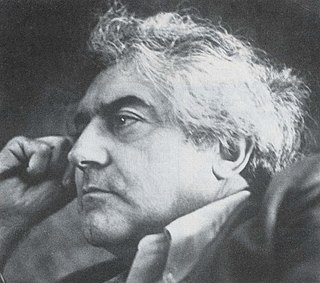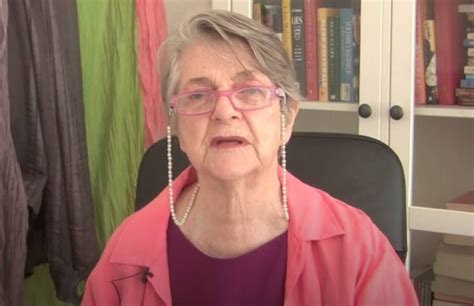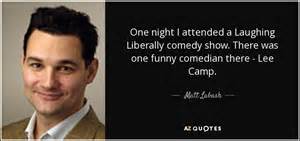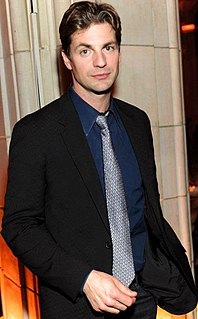A Quote by Cornell Capa
The camera is an extension of yourself... Your story treatment may be subjective, but it is important to remain objective as to truth.
Related Quotes
The problem is one of opposition between subjective and objective points of view. There is a tendency to seek an objective account of everything before admitting its reality. But often what appears to a more subjective point of view cannot be accounted for in this way. So either the objective conception of the world is incomplete, or the subjective involves illusions that should be rejected.
We've created this cottage industry in which it pays to be un-objective. It pays to be subjective as much as possible. It's a great way to have your cake and eat it too. Criticize other people for not being objective. Be as subjective as you want. It's a great little racket. I'm glad we found it actually.
Becoming awarrior and facing yourself is a question of honesty rather than condemning yourself. By looking at yourself, you may find that you've been a bad boy or girl, and you may feel terrible about yourself. Your existence may feel wretched, completely pitch-black, like the black hole of Calcutta. Or you may see something good about yourself. The idea is simply to face the facts. Honesty plays a very important part. Just see the simple, straightforward truth about yourself.
Subjective reason ... is inclined to abandon the fight with religion by setting up two different brackets, one for science and philosophy, and one for institutionalized mythology, thus recognizing both of them. For the philosophy of objective reason there is no such way out. Since it hold to the concept of objective truth, it must take a positive or a negative stand with regard to the content of established religion.
if I love something I do it, and if I don't, I don't. I think that this is the most important choice that any of us can make in life, in art, in history: to do the thing you love. If you love it, it is important. If you love it then while you are doing it, you are a true expression of yourself and your time and your story. You are authentic. If you don't love it you betray not only yourself but also your history, your culture, your position in your society.
You are preparing yourself for a scene, and the most important thing is to remain emotionally available and remain in the moment with your scene partner. You don't want to let your own self-consciousness block the flow of creativity that's coming out so that you can act and react, and play what the scene is all about.




































